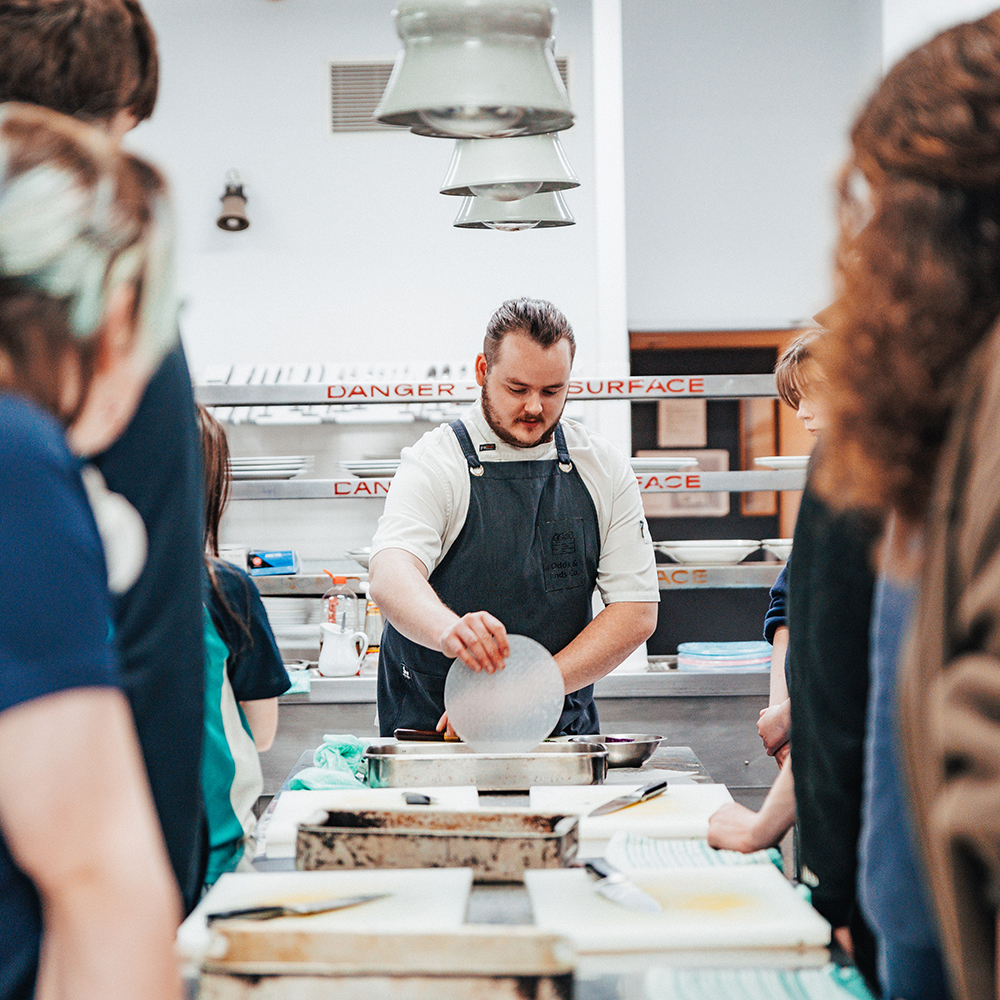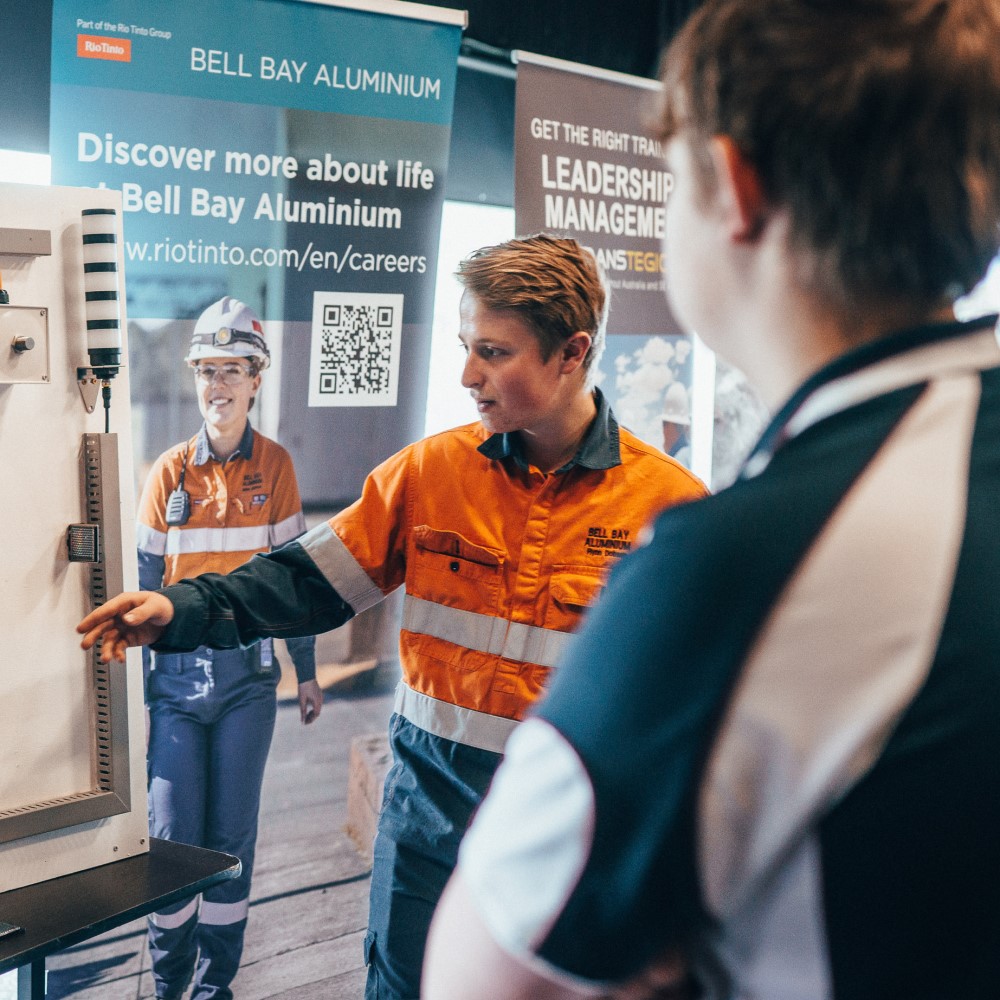First off, you’ll need to know what’s out there, and then you’ll need to put your ideas to the test. When you begin to explore, some options might turn out to be disappointing (and that’s OK). But one or two might be exactly what you’re looking for, and you’ll only know this by giving it a go.
You might have heard of ‘work exposure’ activities. It’s a bit like ‘try before you buy’. They’re designed to give you a realistic picture of what it’s like to work in an occupation you’re interested in. This enables you to test out your career ideas before you fully commit.
These activities can be run by industry, businesses or organisations. They can be held at your school or could involve a site visit to a business.
Amazing things happen when employers and students come together.
Work exposure is one of the best things you can do to find the right career path for you. Or even the career path that’s not right for you. Talk with your school or college about upcoming work exposure activities.
Types of work exposure

Work-based Learning
Work-based Learning (WBL) is about getting ‘real-life’ workplace experience for an agreed period. It enables you to see first-hand the training and skills you’ll need. You’ll get a feel for the environment you’ll be working in, and whether it’s a good fit for you. Learn more about Work-based Learning.
Australian School-based Apprenticeships (ASbA)
This is an apprenticeship or traineeship that’s available to Year 10, 11 and 12 students. You’ll combine school, employment and training in an industry of your choice. (and you’ll be in paid employment). Better still, an Australian School-based Apprenticeship is a recognised qualification. There are over 500 occupations available under the ASbA scheme. So there’s a good chance you’ll find something that’s right down your alley. Discover how you can kick-start your career with an Australian School-based Apprenticeship.
Internship Program
This is where employers offer potential employees work for a fixed period of time. This type of arrangement is an ‘internship’. It’s another way to learn practical skills and get valuable workplace experience. Internships are either paid or unpaid.
Careers expos and taster days
This includes virtual or face-to-face contact with people working in any given industry. You’ll be able to get information about types of jobs to explore.
Open days
Once you get a better understanding of a career that interests you, take a deep dive into courses that will help you get there. One way to do this is to go to Open Days and Course Information events at university or TAFE.


Information gathering
To get the low-down on an occupation, try talking with someone working in the role. The more questions you ask, the more you’ll know. This will help you decide if it’s an occupation or industry you want to pursue.
Volunteering
Don’t underestimate the benefits of volunteering. It’s a terrific way to develop skills and abilities that employers are looking for. It’s also a chance to make a good impression on people who might be in a position to offer you a job at some stage. Learn more about volunteering opportunities in Tasmania.
Casual work
This a popular way to get a feel for an occupation you’re interested in and earn some money at the same time. Learn more about your rights and responsibilities as a casual worker.
Key takeaway
Before you commit to a specific career path, test your career ideas out first. Try ‘work exposure’ activities. They’ll help you decide. Check out our calendar for any upcoming work exposure events.

